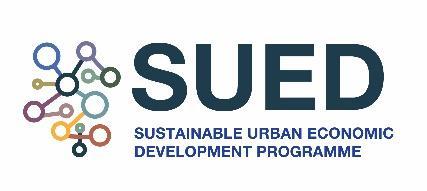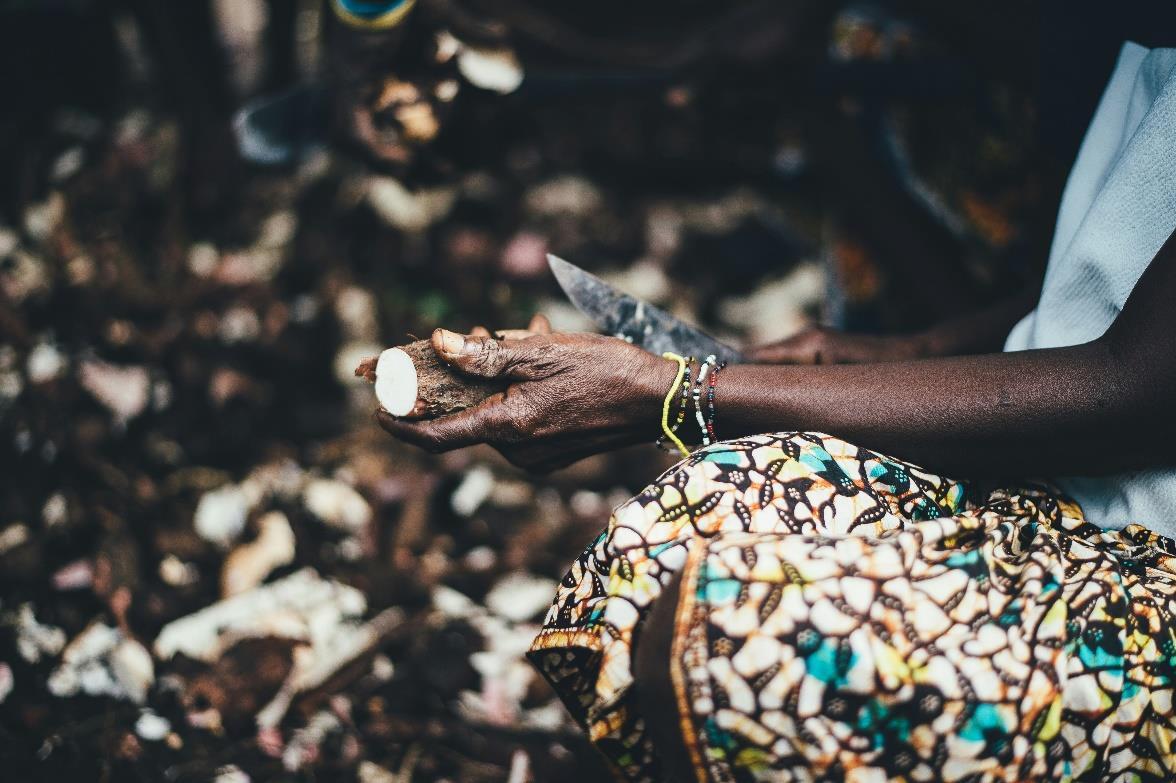






Cassava Dreams Will Take Root in Kilifi
Challenge
In Kilifi, cassava has long been a resilient crop thriving through droughts and heavy rains. Yet, despite its potential, farmers face a critical hurdle: once harvested, cassava must be processed within days, or it spoils under the sun. The absence of local milling or starch-extraction facilities has led to significant postharvest losses, unpredictable incomes, and reliance on costly imported starch for staples like wheat flour.
Intervention

The UK Government-funded Sustainable Urban Economic Development (SUED) Programme is changing that narrative. Through seed funding to Bake Easy, the Kilifi Cassava Project is set to transform both the agricultural landscape and household economies in this coastal county. Key interventions include:
• Solar-Drying Aggregation Hubs: Four hubs will be established to receive fresh cassava for washing, drying, and chipping dramatically reducing spoilage.
• Nucleus Farm Development: A 100-acre farm will be leased and planted with climateresilient, high-yield cassava varieties developed by IITA and the University of Nairobi. Over 3,000 smallholders will be trained in best-practice agronomy and post-harvest care.
• Processing Infrastructure: A 300 kg/hour flour mill and starch-extraction line will be installed at Satao’s Kilifi plant, enabling local conversion of tubers into premium glutenfree flour and pure starch.
• Market Linkages: Guaranteed offtake agreements will ensure every kilo of cassava flows from field to market at a fair price.
“SUED’s partnership with Bake Easy demonstrates the UK Government’s commitment to work with farmers across Kenya to take advantage of their land and utilise it to increase household incomes to secure their prosperity ,” says Javin Hutchinson, Bake Easy’s CEO acknowledging the award and the road ahead.
Once operations begin and the first consignments of flour and starch reach supermarket shelves, Kilifi’s farmers and families will begin to see tangible benefits:
• Reduced Post-Harvest Losses: Losses will drop from 40% to below 10%, thanks to improved drying and rapid processing.
• Job Creation: Up to 3,075 jobs will be created 75 permanent processing roles, 100 support positions, and 3,000 farming contracts.
• Income Generation: Annual purchases of 2,500 MT of cassava at GBP 0.20/kg will inject approximately GBP 1.5 million into rural households each season.
• Import Substitution: Replacing up to 290,000 MT of imported starch annually will save foreign exchange and improve supply chain efficiency.
• Improved Livelihoods: Smallholder incomes are projected to rise by 25%, empowering families to invest in education, healthcare, and diversified farming.